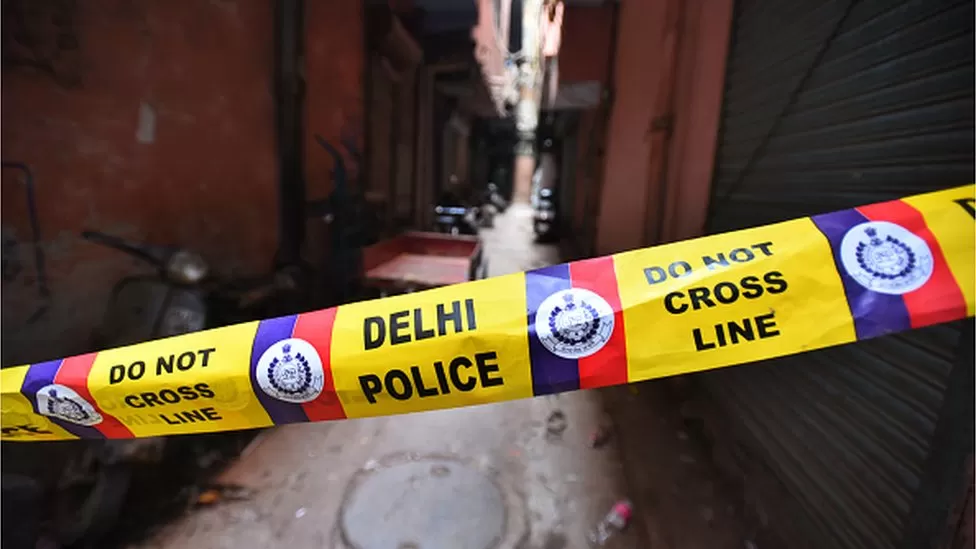Last week, India’s ruling government unveiled three new bills in parliament, stating that they would usher in a “significant transformation in our criminal justice system”.
The bills are crafted to abolish and replace a trio of criminal laws. The Indian Penal Code and the Indian Evidence Act are antiquated colonial-era laws, while the Code of Criminal Procedure is half a century old. The bills have been referred to a parliamentary committee for further debate. Home Minister Amit Shah says their objective is to “deliver justice, not mere punishment”.
India’s criminal justice system needs urgent reform: shoddy police investigations often result in catastrophic miscarriages of justice; jails overflow with undertrials and the slow moving courts are clogged with some 50 million cases.
Legal scholars say the bills do contain some significant changes covering a swathe of the justice system.
For one, they bring offences like terrorism, corruption, mob lynching and organised crime under penal laws. They allow people to register a police complaint in any police station, regardless of the location where the crime took place. They propose video recording of search and seizure operations and increased use of electronic evidence and forensics during investigation. They introduce community service as a new form of punishment. They advocate speedier justice through video trials, and holding trials in absence of the accused.
Yet, experts are sceptical about how some of these laws will work. Anup Surendranath, a professor of law at Delhi’s National Law University, says the manner in which the new offences – acts endangering sovereignty, organised crime, mob lynching, terrorism, rape by false promise to marry – are drafted “continues to be so vague that it ends up giving the police unreasonably wide powers of arrest”. “These vague provisions perpetuate the exercise of police powers in constitutionally unacceptable ways,” he says.
For decades, successive governments have used India’s colonial-era draconian sedition law against students, journalists, intellectuals, social activists and those critical of authority. The government now claims that it has taken a “historic” decision by repealing the controversial law.
Not quite, say experts. The sedition law has been replaced by another in the new bill which punishes “acts endangering sovereignty, unity and integrity of India”. In other words, experts say, this is really an expanded definition of sedition itself. “Sedition should have gone. It has been retained and perhaps also strengthened,” says Naveed Mehmood Ahmad, a senior fellow at Vidhi Centre for Legal Policy, a Delhi-based think-tank.
Experts point out that the bills overlook certain crucial aspects. Marital rape has not been criminalised despite India having tough laws to deter sexual violence against women. (The Supreme Court is also getting ready to start hearing petitions seeking its criminalisation.) Offences that criminalise speech – including sedition and obscenity – require reconsideration.
Source : BBC
















